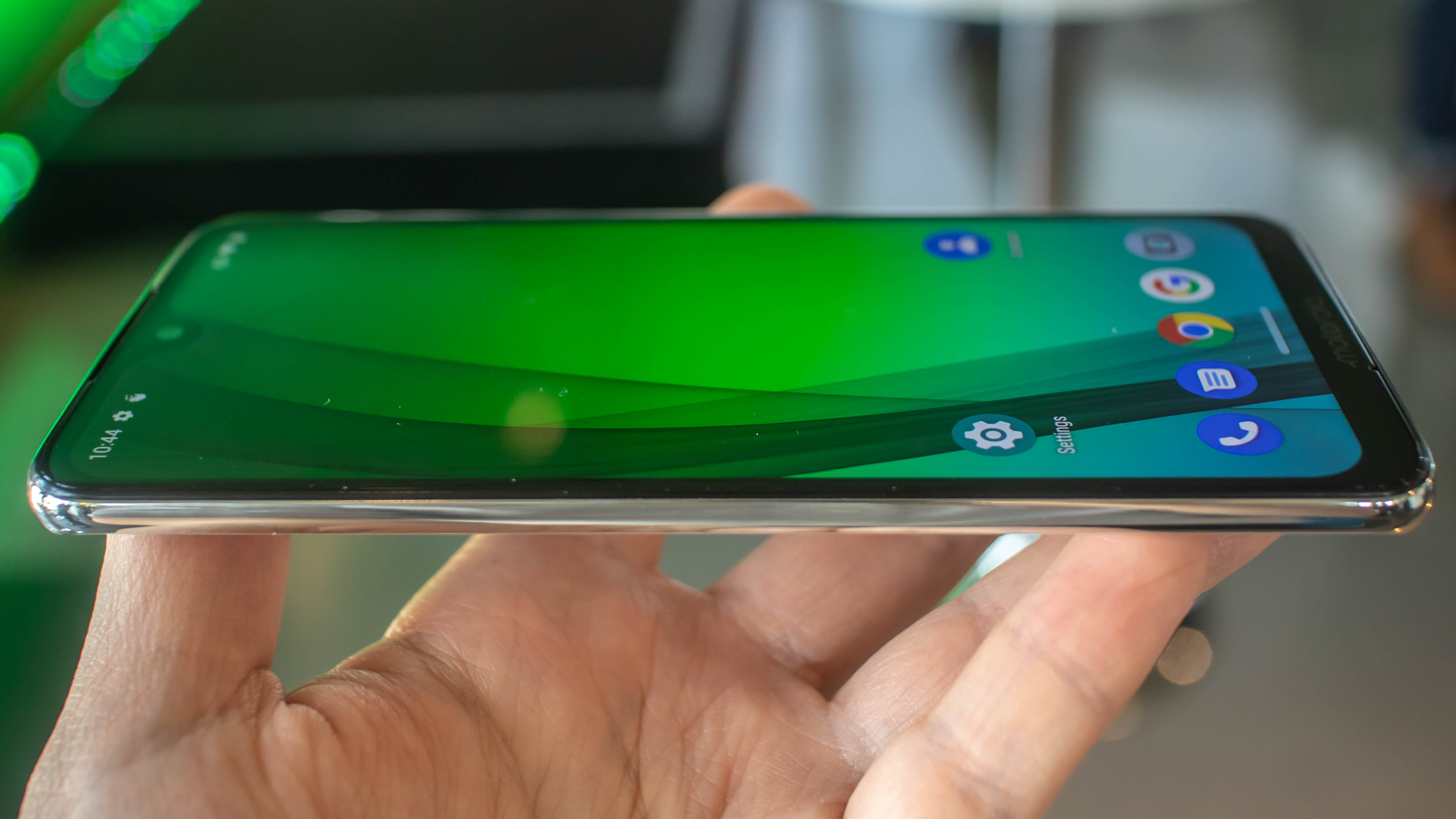Future smartphones could be made of this material to keep cool
Goodbye plastic, glass and metal

Sign up for breaking news, reviews, opinion, top tech deals, and more.
You are now subscribed
Your newsletter sign-up was successful
When you buy a smartphone it'll likely have a plastic, glass or metal body, but in the future you might not get these options – instead, your handset could be made of a new custom polymer.
Researchers at MIT recently unveiled a new polymer material, after several years working on it, that could have a big impact on what future smartphones, and other tech products, are made of.
- What new features will the iPhone 11 bring to the table?
- This is what we know about the OnePlus 7
- This is what we want to see in the Samsung Galaxy Note 10
The most important feature in the custom polymer is that instead of containing heat, like the back of your smartphone will do when the device heats up, the material will conduct it much more efficiently. This means a phone will be able to cool much easier, and won't heat up as much when used intensively.
On top of that the researchers have spent a long time working on an efficient and cheap manufacturing process. The material would be a lot cheaper to produce than the glass and metal of premium phones, and manufacturers could reduce costs by embracing it.
The material is also significantly thinner than your typical handset case, so future phones could be a little thinner – but they could also be a little more delicate too, depending on how strong the polymer is.
At the moment the custom polymer isn't ready for commercial use, so even if manufacturers do choose to use it in their phones (which there's no guarantee of), it'll be a while until we see phones made up of it.
Via Trusted Reviews
Sign up for breaking news, reviews, opinion, top tech deals, and more.

Tom Bedford is a freelance contributor covering tech, entertainment and gaming. Beyond TechRadar, he has bylines on sites including GamesRadar, Digital Trends, WhattoWatch and BGR. From 2019 to 2022 he was on the TechRadar team as the staff writer and then deputy editor for the mobile team.